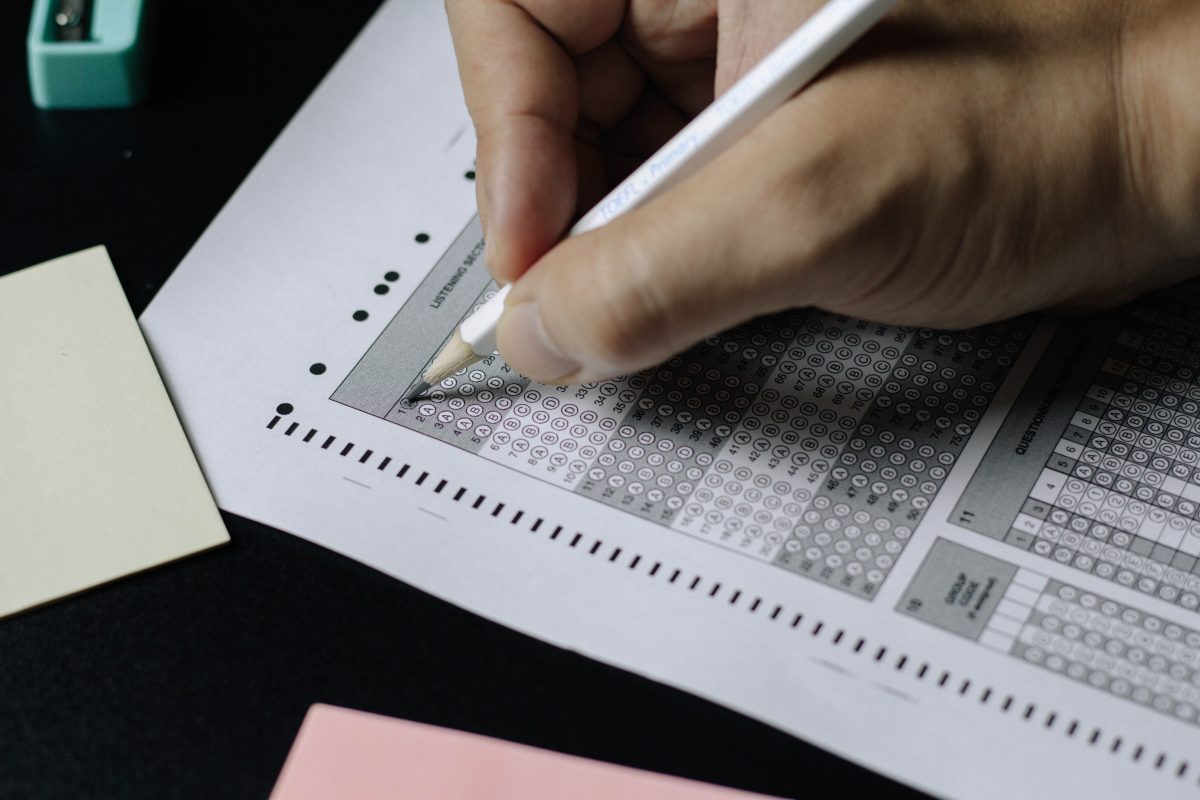An exam hall is an interesting mix of various students, their temperaments, their attitude, and overall outlook on the exam. While most are fretting and feeling nervous about the assessment, few seem prepared. Once the exam begins, the real picture comes into view, and a coordinated plan to ace the test using unfair means begins.


Cheating isn’t a spontaneous activity, it has become an alternative to hard work. Each time a new rule is devised to tackle the problem, the student will come up with another idea to bypass it. Even under close scrutiny, the students rather than focusing on what they can fairly attempt, look for ways to cheat and befool the invigilator.
Why do students cheat? The answer is simply complex. Most common reason to do so is because the current academic mindset assesses one’s talent on the basis of the grades obtained. The grading system in turn, is based on a system of cyclic exams which most of the time cannot actually analyse one’s capabilities.


A student good at communication skills may not be good at writing his/ her thoughts but the grades may or may not consider the former. To stay ahead and compete, the student resorts to cheating and scoring well.
Next reason could be that the students (and everyone else) are confused between the learning and grading system or feel the need to prove themselves because they are in competition with other students. This is a reason behind exam anxiety as well.
The guardians generally have a tendency to compare grades of siblings or of other children with theirs and the grades are equated with intelligence quotient. This pushes the child to ace his exams by hook or by crook. Once he sees the favorable results, it becomes a habit to cheat and less attention is given to actual learning.


All students do not have the same pace of learning or areas of expertise. It varies in each child. Schools tend to over-admit students in a class due to which necessary attention cannot be paid by the teacher and slow-learners are often neglected. The student, also, constraints from speaking up as he faces the fear of missing out since his fellow classmates are able to understand. He looks for other ways to show that he is doing well in his studies by cheating in the exams.
Other reasons include personal prejudices of the student and an audacity to overlook rules and feel the limelight because they have done something which is “bold” among his peer group. In such cases, cheating is not motivated with the intention to get good grades, it is a channel to seek approval from others that the cheater is a daring, confident, etc student.


Whatever be the reason it is the student's responsibility to overcome their fears and failures by being honest with themselves. In the long run, one cannot cheat one’s way out of anything. The grades scored by cheating are also futile because in the real world you get recognition for your work, which happens when one is properly educated.






